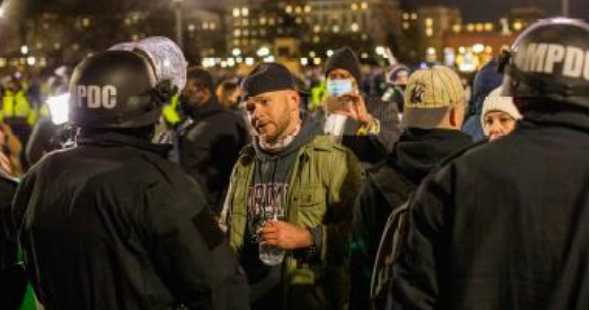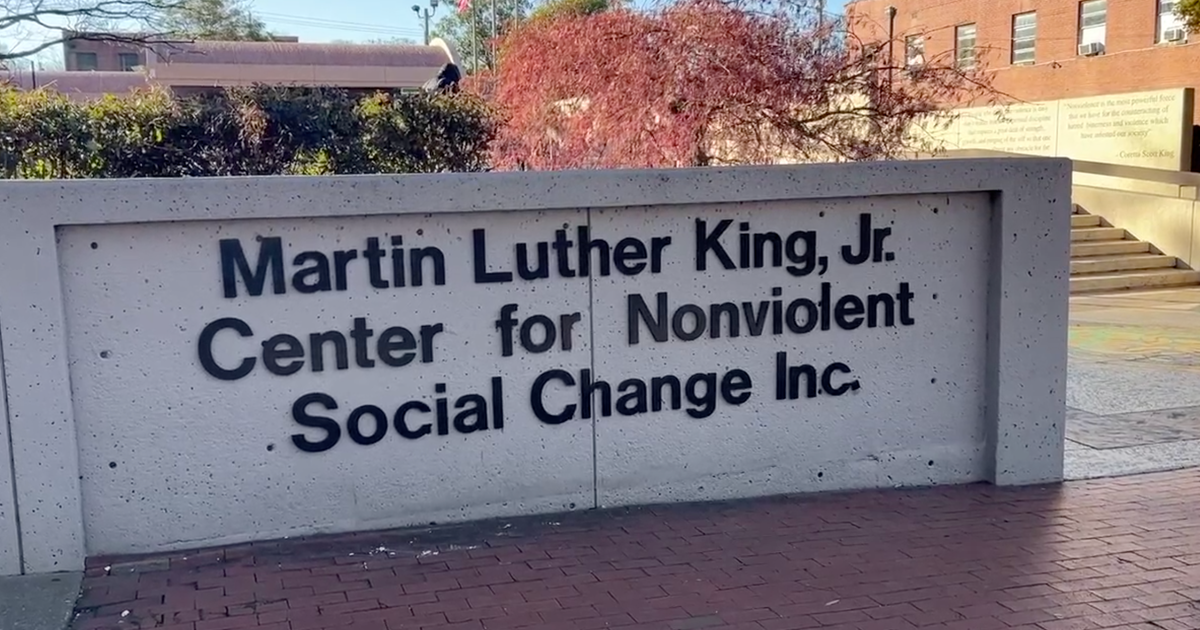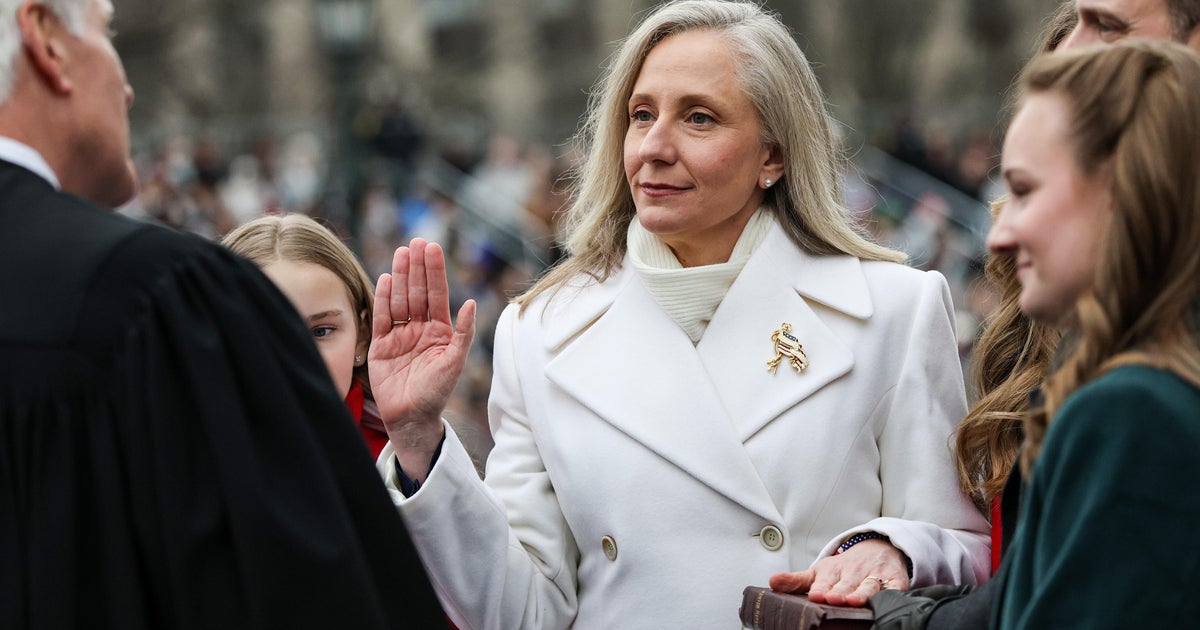Trump seeks to overturn criminal conviction, citing Supreme Court immunity decision
Editor's note: Justice Juan Merchan agreed to delay sentencing until Sept. 18. The original story appears below:
Donald Trump is trying to leverage a Supreme Court decision holding that presidents are immune from federal prosecution for official actions to overturn his conviction in a New York State criminal case.
A letter to the judge presiding over the New York case was made public on Tuesday. It was filed Monday after the Supreme Court's landmark holding further slowed the former president's criminal cases.
"[T]he Trump decision confirmed the defense position that [the district attorney] should not have been permitted to offer evidence at trial of President Trump's official acts," Trump attorneys Todd Blanche and Emil Bove wrote.
"The verdicts in this case violate the presidential immunity doctrine and create grave risks of 'an Executive Branch that cannibalizes itself,'" the wrote, quoting from the Supreme Court's decision. "After further briefing on these issues beginning on July 10, 2024, it will be manifest that the trial result cannot stand."
Lawyers from Manhattan District Attorney Alvin Bragg's office responded in a letter of their own on Tuesday, telling the judge they disagreed with the Trump attorneys' argument but did not oppose delaying Trump's July 11 sentencing date. They asked for a deadline of July 24 to respond to the defense's motion.
Trump's criminal case in New York is the only one of four against him to go to trial. On May 30, a unanimous jury concluded Trump was guilty of 34 felony counts of falsifying business records in an effort to cover up reimbursements for a "hush money" payment to an adult film star. Trump signed off on falsifying the records while he was in the White House in 2017.
Monday's Supreme Court decision extended broad immunity from criminal prosecutions to former presidents for their official conduct. But the issue of whether Trump was engaged in official acts has already been litigated in his New York case.
Trump sought in 2023 to move the case from state to federal jurisdiction. His lawyers argued that the allegations involved official acts within the color of his presidential duties.
That argument was rejected by a federal judge who wrote that Trump failed to show that his conduct was "for or relating to any act performed by or for the President under color of the official acts of a president."
"The evidence overwhelmingly suggests that the matter was purely a personal item of the president — a cover-up of an embarrassing event," U.S. District Judge Alvin Hellerstein wrote. "Hush money paid to an adult film star is not related to a president's official acts. It does not reflect in any way the color of the president's official duties."
Trump initially appealed that decision, but later dropped it.
His case went to trial in April, and soon after the jury's unanimous decision finding him guilty, Trump vowed to appeal the conviction.







